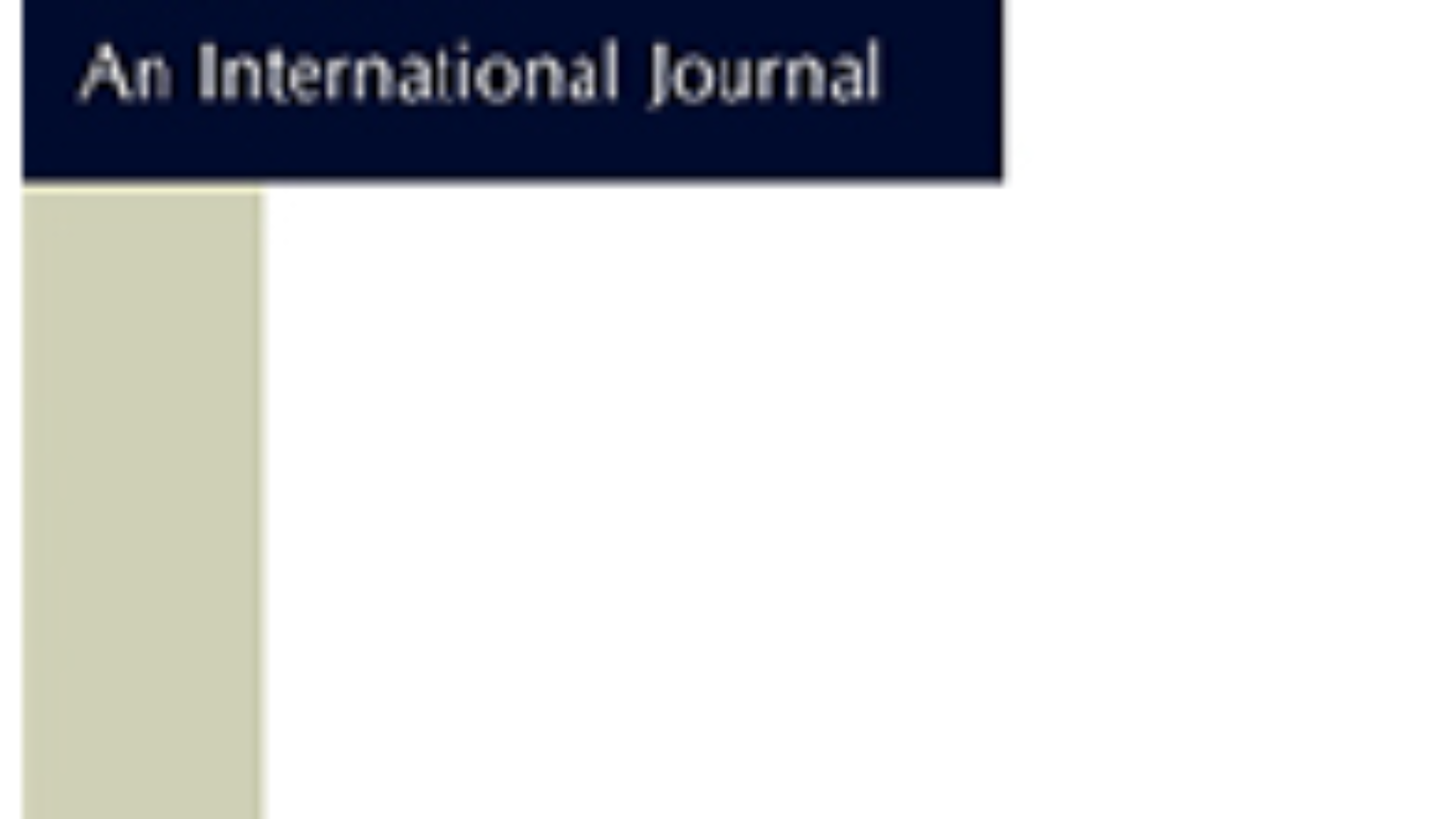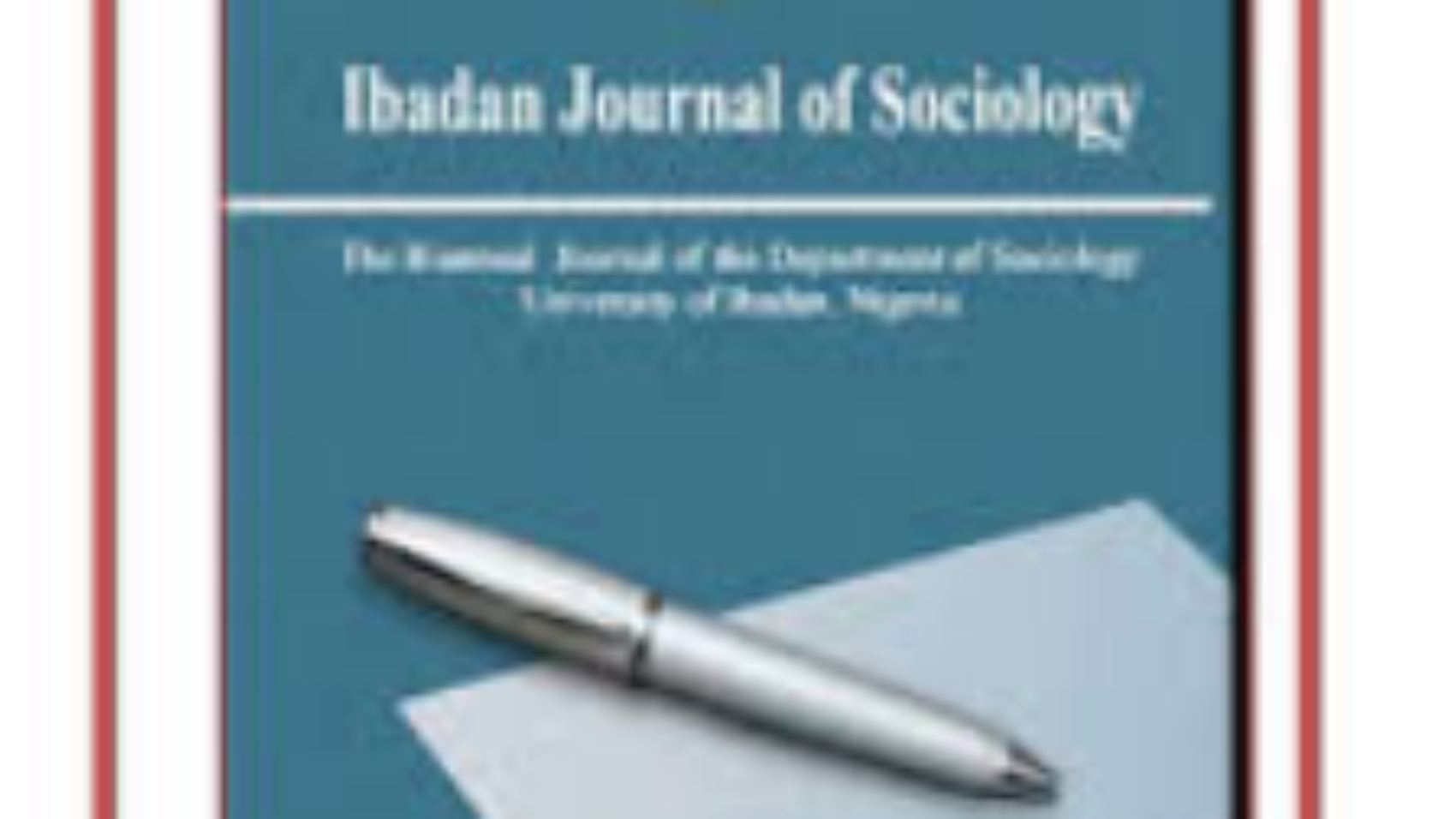The article explores the lived experiences of investigative police officers in managing rape and serious sexual offences (RASSO) in Nigeria, a developing country with a conservative patriarchal system and deep-rooted rape culture. A qualitative study involving 24 sexual crime investigating police officers of six states’ police commands in southwest Nigeria was conducted, and a thematic analysis of the narratives was carried out. Findings indicated police efforts at addressing RASSO are constrained by inadequate resources, deficiencies in personnel skilled in RASSO investigation, lack of specialist training, and low motivational incentives. Participants reported problematic interactions with RASSO victims and made comments that communicated their acceptance of rape myths, including beliefs surrounding victim culpability and false reporting. The study suggested the reimagining of police strategies at improving rape investigations by deploying specialist approaches to policing RASSO. Deploying specialism will require engaging officers with knowledge and skills in investigating rape cases, better engagement with the victims, specialist training, and addressing rape script acceptance among sexual crime detectives.
Aborisade, R.A., Adegoke, N., Adeleke, O.A., Ebobo, U.C., Ogunmefun, F.M., Chineyemba, L.I., Adedayo, S.S. (2024) Policing rape and serious sexual offenses in Nigeria: Officers’ experiences and appraisal of police investigative approaches, Police Practice and Research: An International Journal, 25(3) 251-268






